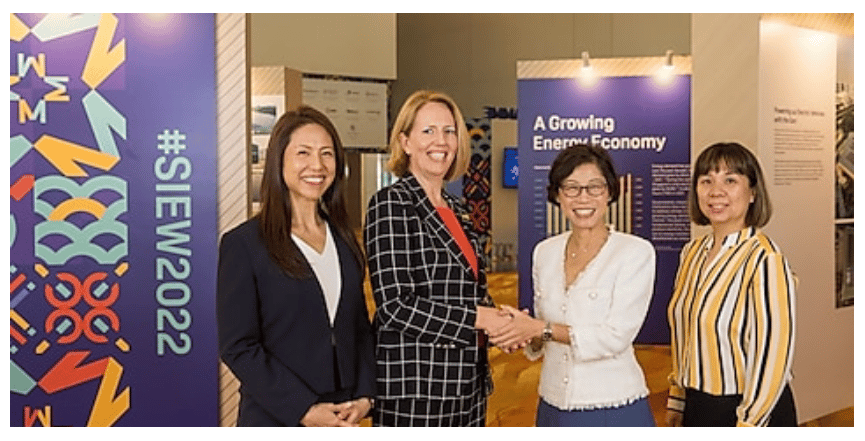Shell to explore carbon transport and storage in Brunei and Singapore
Shell Eastern Petroleum (Shell) has signed a Memorandum of Understanding (MoU) with Brunei Shell Petroleum (BSP) to explore the feasibility of carbon transport and storage options for Brunei Darussalam and Singapore. This could potentially form part of a carbon capture and storage (CCS) hub in Southeast Asia.
Under the MoU, both parties will evaluate the technical and commercial feasibility of carbon storage options in Brunei Darussalam and carbon transport solutions from Singapore. The MoU will also enable cooperation between the two countries in developing relevant policies. This MoU complements efforts undertaken by the Government of Brunei Darussalam and Singapore to deepen cooperation in the areas of energy and green economy, such as CCS1 through an MoU signed in August this year.

“We are in a good position to leverage our existing relationships and track records in Brunei and Singapore to enable the development of a potential CCS hub in Southeast Asia,” said Agnete Johnsgaard-Lewis, the Managing Director of BSP.
“CCS will help reduce CO2 emissions from our own operations, as we transform our manufacturing footprint here into Shell Energy and Chemicals Park Singapore.” Aw Kah Peng, the Chairman of Shell Companies in Singapore, said, “It also offers a way to reduce emissions from hard-to-decarbonise industries, such as those found on Jurong Island. This will help Singapore cut its carbon footprint as we transition to a lower carbon economy.”
Shell’s target is to become a net-zero emissions energy business by 2050 and its ambition is to have access to at least 25 million tonnes a year of CCS capacity by 2035.